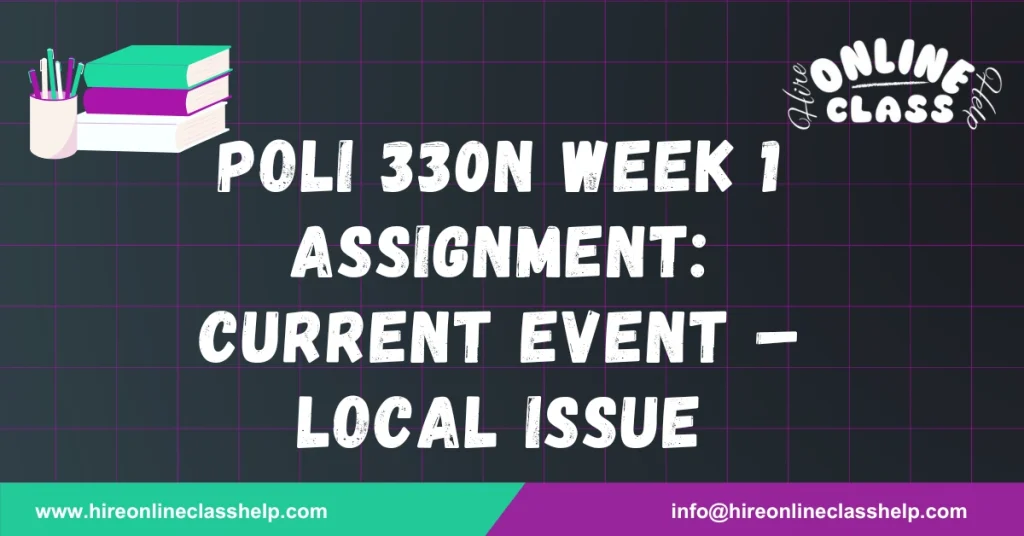






Name
Chamberlain University
POLI-330: Political Science
Prof. Name
Date
The article I selected discusses the long-standing health care disparities in New York City, particularly between Black and Hispanic populations compared to their white and Asian counterparts. Minorities have faced issues such as underdiagnosis, misdiagnosis, and mistreatment for many years. Although these problems existed prior to the pandemic, they have become more pronounced due to the inequitable treatment during COVID-19 and the uneven distribution of vaccines. As noted by Shahrigian (2021), “While Black and Hispanic New Yorkers have died at nearly twice the rate of white and Asian people, the city’s vaccination efforts have left many people of color behind.” Vaccination sites in predominantly minority areas often had limited supplies, resulting in long lines where individuals waited for hours only to find out there were no vaccines left. Tragically, these are the same communities experiencing the highest mortality rates from the virus.
The article further highlights promises made by the President, the Governor, and the Mayor of New York regarding increased supplies for areas in need. Despite these commitments, many community members remain unaware of their eligibility for vaccination or struggle to find information on when and where they can receive it. In my role within the city hospital system, I have witnessed many individuals wandering in confusion, seeking guidance on vaccine availability. People often express their frustration, having waited for hours, only to be met with disappointment. I empathize with their concerns; they deserve timely information rather than being left in the dark while waiting in long lines, and we are working to create a more efficient distribution system.
Shahrigian (2021) emphasizes that “Millions of New Yorkers rely on Health + Hospitals and our safety-net hospitals for care — and most of them are people of color.” Given this reliance, there should have been a higher concentration of vaccines allocated to these facilities, especially since they were hit the hardest by the pandemic. Ironically, as calls to increase funding for these essential services arise, there are proposals to cut budgets for already strained systems. The article is not neutral; it highlights significant issues such as the lack of resources for the most affected populations and the systemic misdiagnosis that leads to delayed medical treatments. The writer clearly acknowledges the disparities in health care for minorities and critiques the political promises that often go unfulfilled during election cycles.
Efforts to distribute more vaccines are contradicted by proposed budget cuts for city hospitals, which would negatively impact underinsured and uninsured populations seeking vaccinations. Although the vaccines are advertised as free, some individuals have encountered requests for insurance information at pharmacies and urgent care centers. It is crucial that access to vaccines remains free for all low- and moderate-income residents.
While I understand that the pandemic has presented challenges, we have had a year to learn from other countries that managed the situation more effectively before introducing vaccines. Although COVID-19 numbers in New York City have significantly decreased, there are still spikes in specific areas. The city’s decision to reopen, despite existing vaccination gaps and ongoing cases, raises concerns. Many people are attending crowded events without masks, fueled by a false sense of security that the pandemic is nearing its end.
Addressing the health care disparities affecting minorities is the most pressing issue to tackle. While the vaccine shortage is significant, it is equally important to care for those currently suffering from COVID-19 and those with pre-existing health conditions that predispose them to the virus. Simply distributing vaccines will not resolve the underlying problems. We need to ensure that communities have access to essential supplies for maintaining health, including mobile testing units and educational initiatives that provide masks, hand sanitizers, and medical evaluations for symptomatic individuals. Many are apprehensive about going to hospitals due to fears of inadequate care or being placed on ventilators, leading them to seek treatment in more affluent areas, which often do not provide the improved care they anticipate.
In my experience as a Black nurse, I witness firsthand the disparities and mistreatment within the healthcare system. I advocate for my patients as if they were family members, and as an RN managing heavy patient loads during the pandemic, I have seen the inequities in care. To contribute to solutions, I actively engage with my local community, working to improve conditions for those around me.
Shahrigian, S. (n.d.). NYC mayoral wannabes grapple with health disparities for New Yorkers of color. Retrieved March 14, 2021, from NY Daily News.
Whitman Cobb, W. N. (2020). Political science today (1st ed.). Washington, DC: Sage, CQ Press.